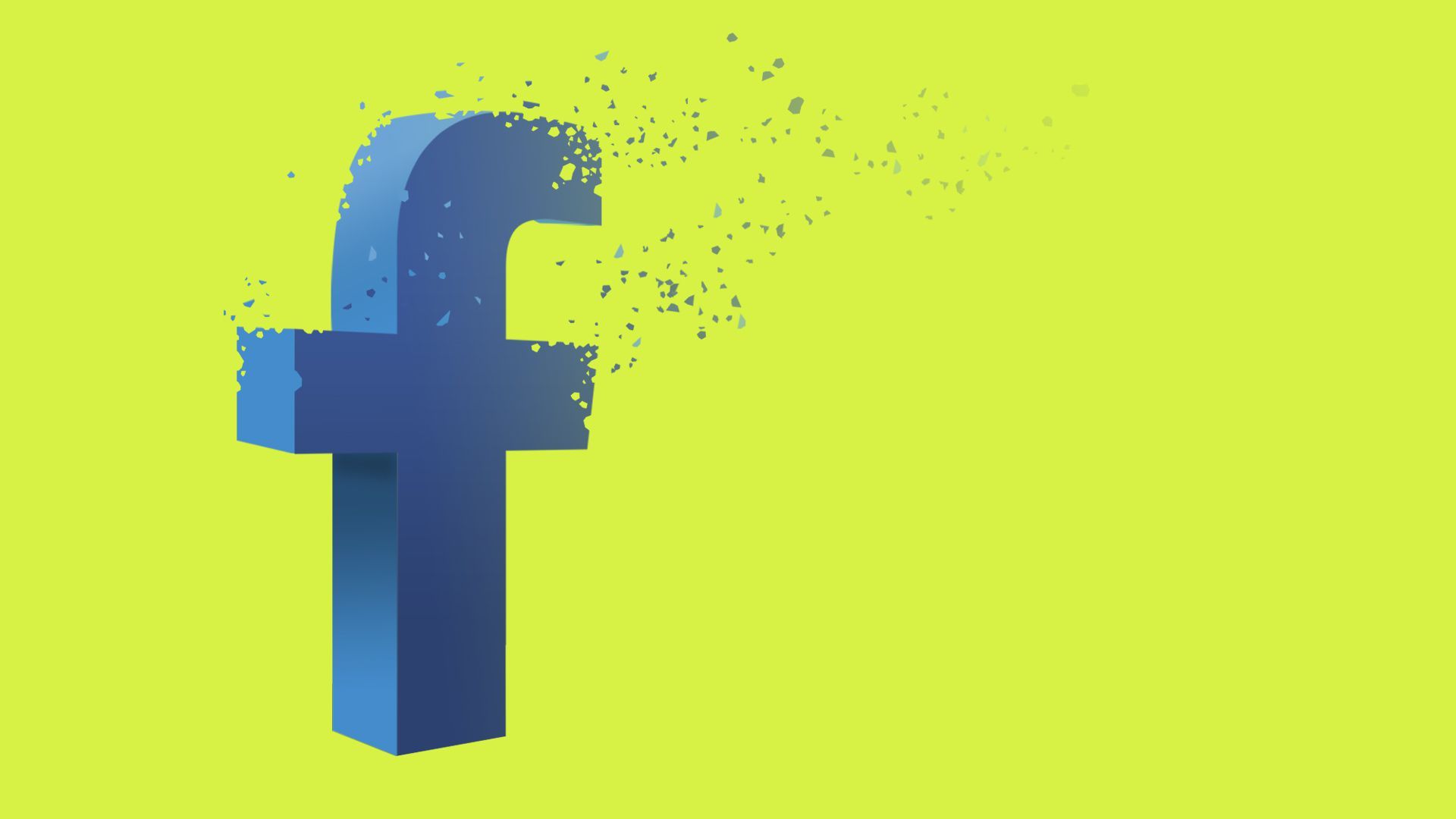Dec 1, 2018 - Technology
The high price of free Facebook in the Philippines
Add Axios as your preferred source to
see more of our stories on Google.

Illustration: Sarah Grillo/Axios
Add Axios as your preferred source to
see more of our stories on Google.

Illustration: Sarah Grillo/Axios